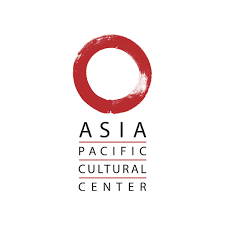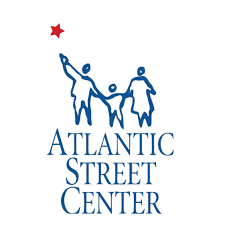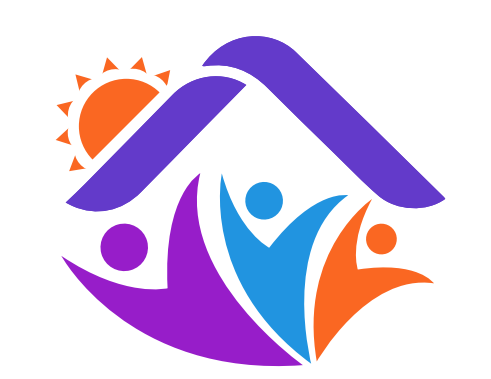- Home
- Health Initiatives
- MCO Collaborative Workgroups
- Health Equity: Children’s Mental Health Service Rate
- Youth Mental Health Access Community Project
Youth Mental Health Access Community Project

Contact: Jennyna Golveo
The Youth Mental Health Access Community Project aims to reduce barriers to mental health services for children and adolescents ages 6–17 who are either enrolled in Apple Health or come from low-income families in need of mental health support. The project focuses on teaching mental wellness, reducing stigma, and connecting participants to valuable resources within their communities. Each initiative within the project uses tailored, evidence-based approaches to promote mental health and overall well-being.
Asia Pacific Cultural Center (APCC) was invited by the Department of Health to expand its mental health program by providing community education workshops for Asia Pacific communities in Pierce County. Monthly workshops, some garnering nearly 500 views on YouTube, focus on different mental health discussions within families and cultures, as well as addressing different cultural wellness practices.
APCC also provides in-person drop-in therapist sessions at local high schools in the surrounding area and activity-based engagement events aimed at fostering relationships, promoting overall wellness, and normalizing conversations about mental health. Referrals to ongoing therapeutic services are provided as needed.
Atlantic Street Center began summer program recruitment of youth in South Seattle and King County. The Center offers therapeutic groups and activities designed to support youth and families, aiming to engage 100 participants. Programs include therapeutic video gaming, a Dungeons & Dragons role-play group, and Social and Emotional (S&E) movie events with post-film discussions to foster communication skills. Referrals to behavioral health professionals are available for those needing additional support. All students who are not currently enrolled in behavioral health services were provided detailed information on how to engage in services in the future and reported feeling confident in accessing services.
Mi Chiantla, a community-based organization focused on youth and family mental health in the Hispanic community, launched a project enrolling 150 participants from South Sound counties. Youth participants are being trained as Champion Ambassadors for mental health and are building their STEM (Science, Technology, Engineering, Math) skills.
Two cohorts learned Mental Health First Aid and strategies to prevent violence, bullying, and harassment. STEM activities include building Bluetooth-enabled audio speakers while exploring sound measurement and technologies like EKG and ultrasound. Parents receive parenting classes and assist their children with STEM projects, culminating in family ethnomusicology experiences. Mi Chiantla also connects families to additional resources.



